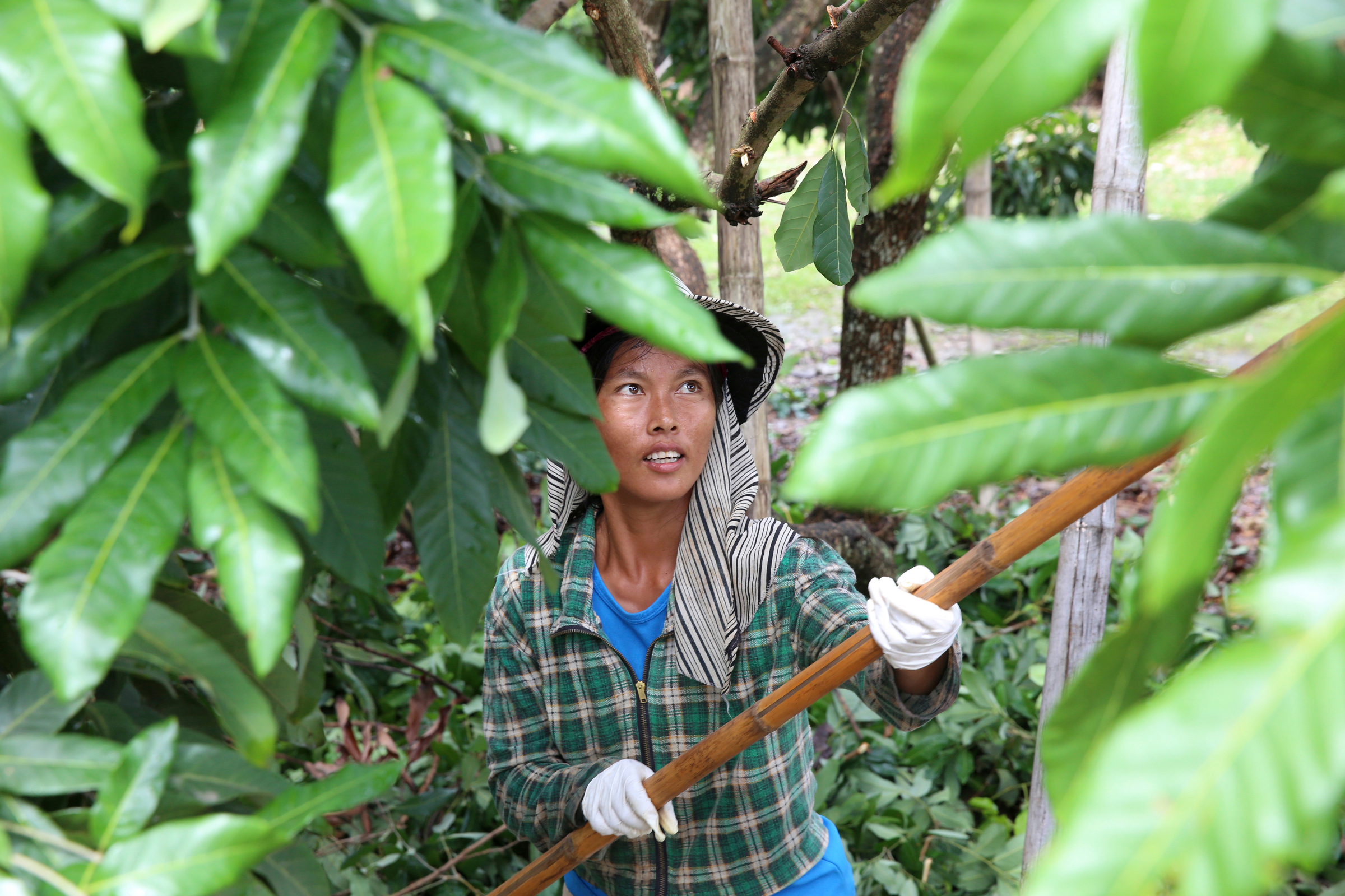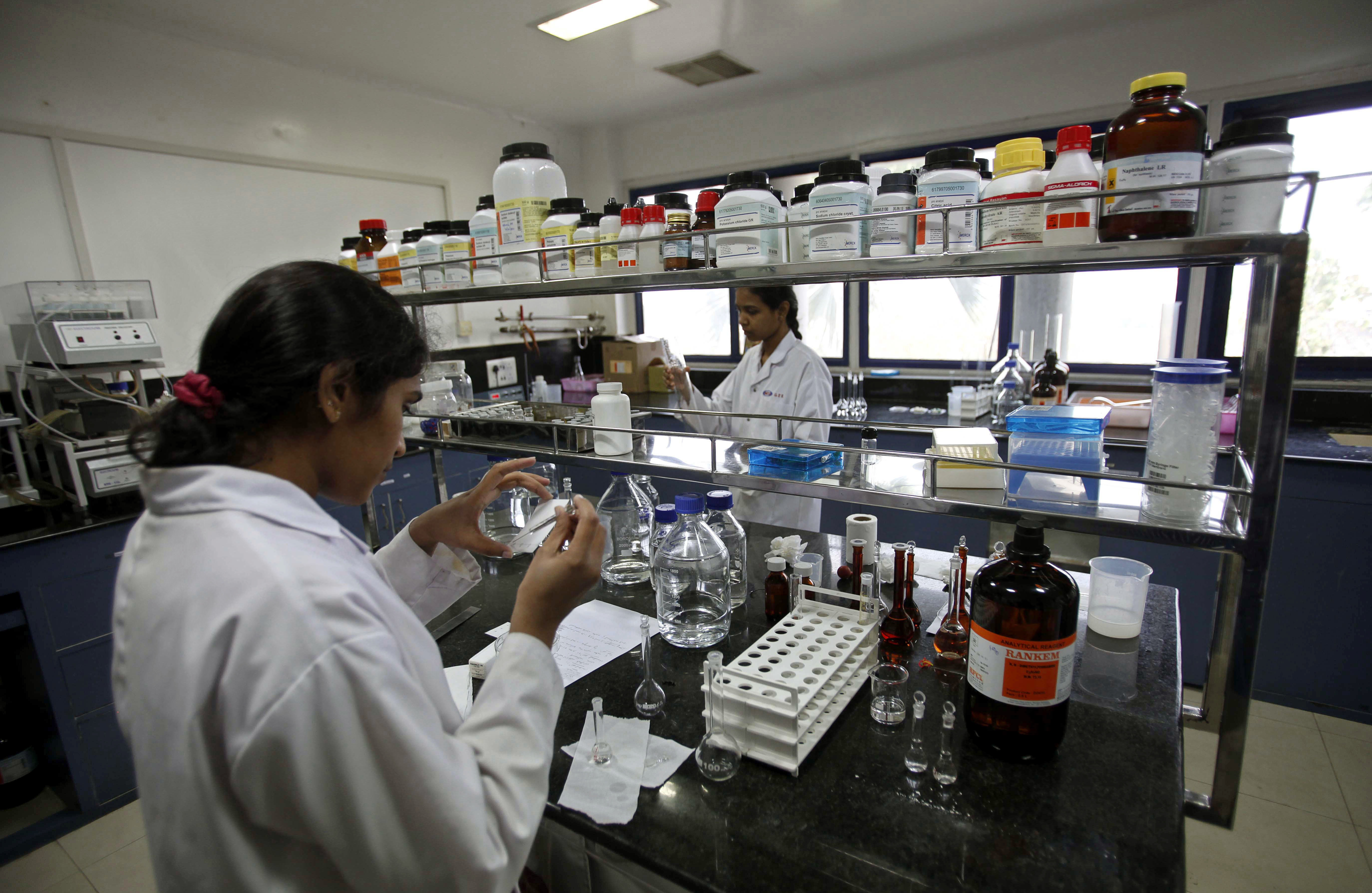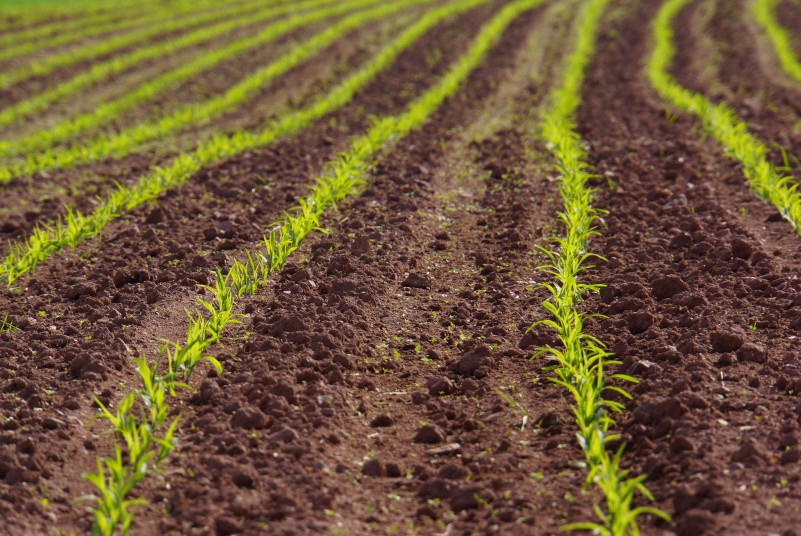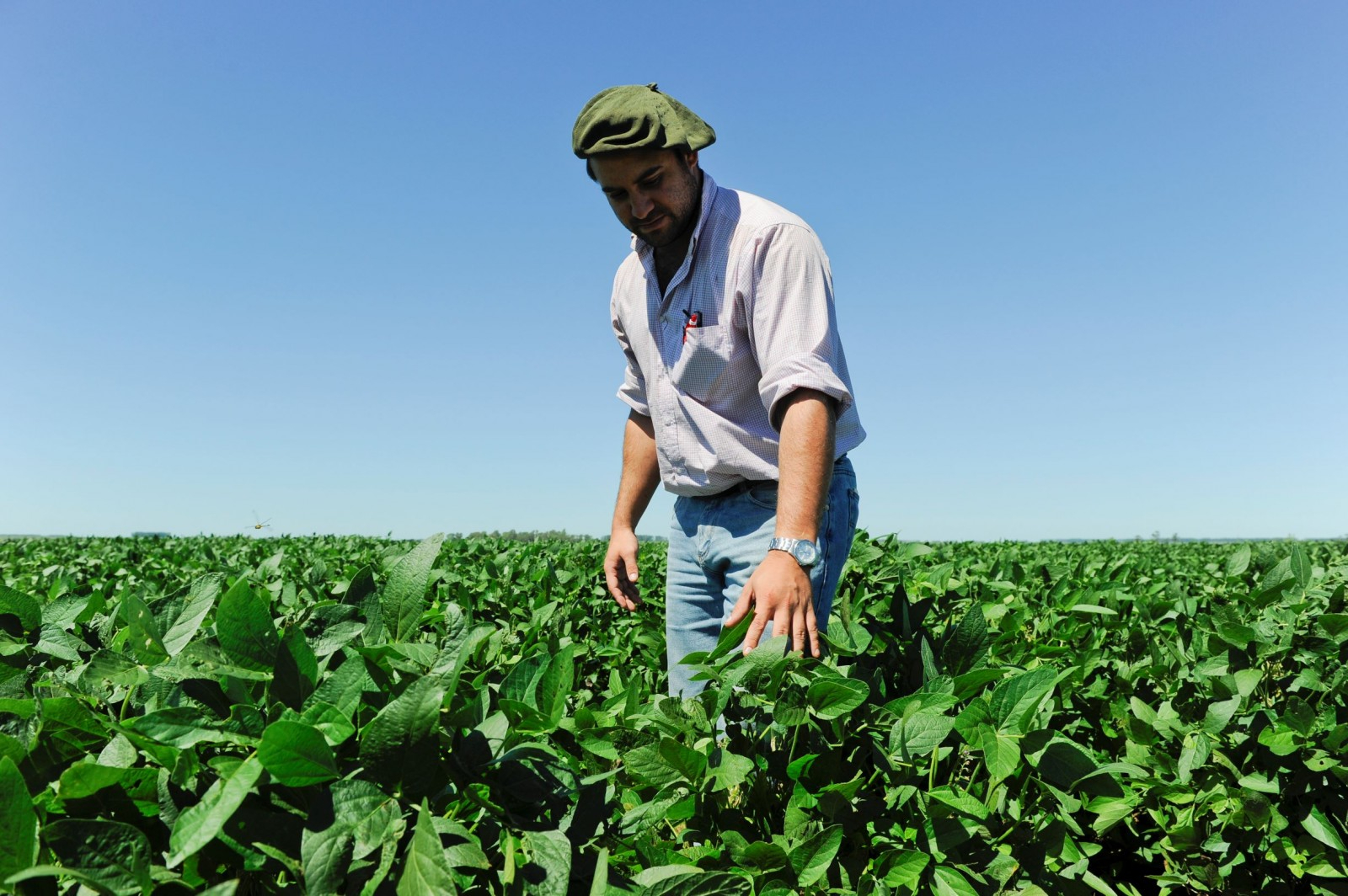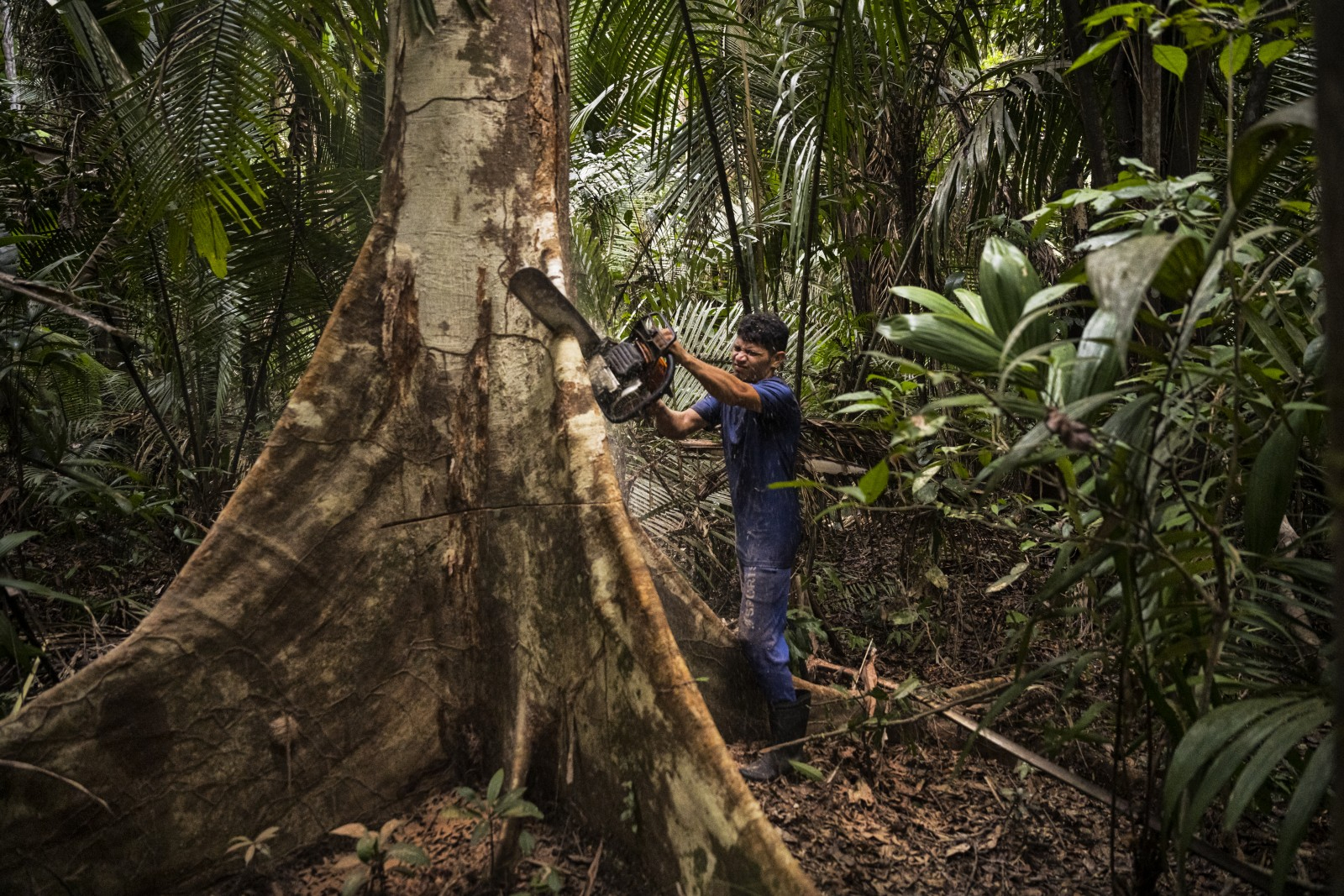The Free Trade Agreement between the countries of the European Free Trade Association (EFTA), which includes Switzerland, and Thailand was signed with great fanfare on 23 January on the sidelines of the World Economic Forum (WEF) in Davos. The text of this agreement has at last been revealed, the negotiations having been launched 20 years ago, then suspended until 2022. It shows that the talks have been more arduous than anticipated by EFTA, which came away virtually empty-handed as regards strengthening intellectual property rights – Switzerland's favourite topic. For now, at least.
No health-related restrictions (yet) ...
As pertains to medicines first of all, Thailand successfully opposed more stringent provisions (called TRIPS+ in the jargon, as they surpass the requirements of the WTO TRIPS Agreement). They would have made the manufacture and marketing of generic medicines more protracted and onerous. It was out of the question for Bangkok to jeopardise its pharmaceutical industry, of which generics make up the lion's share. That industry is making a growing contribution to the national economy and is expected to register sales of USD 2.5 billion in 2029. Currently, it is mainly oriented towards the local market, and is therefore helping to secure citizens' right to health. Switzerland has not said its last word, however, as it has managed to secure a fresh discussion of the details regarding the authorisation of generics in a year's time (data exclusivity).
... and for seeds
Thailand has also effectively resisted the usual request from EFTA, at the urging of Switzerland, for the text to include the obligation to accede to UPOV 91. This Agreement "privatises" seeds and new varieties of plants, making it difficult if not impossible for small farmers to use and exchange them freely – as they have always done. Instead, they are being forced to buy them from private seed suppliers such as the Sino-Swiss Syngenta corporation.
Thailand's 25 million small farmers are highly mobilised against free trade agreements. They have so far been successful: in 2006, 10,000 farmers defied the police and massed in front of the venue of the negotiations then in progress on a free trade agreement with the United States (which was also demanding UPOV accession), causing them to fail. Activists again rallied in 2013 in Chang Mai to protest against the negotiations with the European Union (EU). They too were frozen, but have resumed and are now expected to be concluded by the end of 2025.
The chapter on sustainable development envisages a panel of experts
So far, neither the United States nor the EU, Switzerland's traditional competitors, has signed an FTA with Thailand. EFTA has stood in their way. It is therefore particularly gratifying that UPOV 91 is absent from this agreement, as it would have forced Bangkok to amend its legislation to favour multinationals from all countries. Instead, the legislation that should remain applicable is the Plant Variety Protection Act, promulgated in 1999 for the very purpose of avoiding the UPOV and allowing Thailand's small farmers to reuse and exchange their seeds, albeit under certain conditions.
We also welcome the fact that the free trade agreement provides for protecting genetic resources and the traditional knowledge of indigenous people and small farmers.
The chapter on sustainable development is detailed and envisages creating a panel of experts in the event of a conflict. While this new departure is to be welcomed, Alliance Sud still regrets that disputes under this chapter are not subject to arbitration, like most of the other chapters of the agreement.
The sustainability impact assessment misses the mark
Shortly before the negotiations ended, the State Secretariat for Economic Affairs commissioned an ex ante sustainability impact assessment – SIA, as had been called for in a postulate submitted by the National Council Control Committee.
For years, Alliance Sud and Public Eye had been calling insistently on Switzerland to undertake such impact studies, and therefore welcome the fact that such an assessment has finally been conducted. Regrettably however, it came much too late for its findings to be factored into the negotiations, and one may legitimately wonder what purpose it serves.
The study should be withdrawn from circulation
Moreover, the study does not clearly identify the winners and losers of the agreement, nor the risks that it poses to environmental protection. It missed the opportunity to put forward measures to mitigate these risks. Switzerland had nevertheless done this in its free trade agreement with Indonesia, which envisages the creation of a special mechanism to "compensate" for sustainably produced palm oil through reduced customs duties. Furthermore, the study fails to indicate the measures to be taken when a sector is identified as being at risk – such as deforestation for the purpose of poultry farming.
Broadly speaking, we would like to know what sectors are most at risk, what SECO/EFTA intend to do to mitigate them and what specific measures they plan to take. The ball is now in the Parliament's court. That body must now seek clarifications and demand that these methodological biases be resolved if other free trade agreements are negotiated in the future.
Alliance Sud urges Switzerland to withdraw the study from circulation until it has been peer-reviewed and meets the applicable scientific criteria, this not being the case at present.

